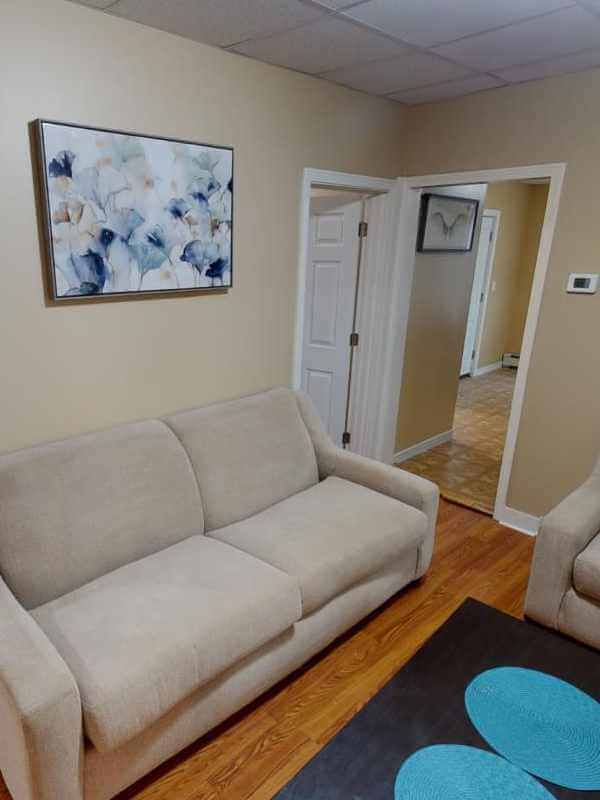Similarly, this allows you to not worry about keeping alcohol around for guests, as they know your home is an alcohol-free space. There are many different options and resources that can help you learn how to quit drinking. Just remember that there is no single approach that works for everyone. If you try one method and it doesn’t work, don’t lose hope. Professional treatment for Twelve-step program an alcohol use disorder can involve outpatient therapy, residential treatment, or inpatient hospitalization. The level of care you need often depends on the severity of your condition.
- For example, you can ask them not to offer you alcohol and not to drink around you.
- “Once you have a sense of how much you’re drinking, it’s helpful to track how many drinks you’re having per day,” says Witkiewitz.
- Your doctor will want to know if you have any mild itching, numbness, a pins-and-needles feeling, or burning.
- It’s a good idea to talk with a medical professional before you begin a taper.
- Most people benefit from regular checkups with a treatment provider.
Establishing an Action Plan and Support System
How does the program or provider handle a return to drinking? Setbacks can be common, so you will want to know how they are addressed. For more information on a return to drinking, see An Ongoing Process. Overall, gather as much information as you can about a program or provider before making a decision on treatment.

Personalized Addiction Care in Atlanta

Medications can also deter drinking during times when individuals may be at greater risk for a return to drinking (e.g., divorce, death of a family member). Because AUD is a chronic, relapsing disorder, persistence is key. It is rare that someone would go to treatment once and then never drink again. More often, people try to quit or cut back over time, experience recurrences, learn from them, and then continue on their recovery journey. For many, continued follow-up with a treatment provider is critical for overcoming alcohol problems. The provider can help adjust the treatment plan and aid long-term recovery.
What To Do If Your Husband Drinks Too Much: 5 Actionable Tips

Joining support groups helps you stop drinking by providing accountability, shared experiences, and practical coping strategies. Groups like Alcoholics Anonymous (AA), SMART Recovery, and online sober communities offer guidance and encouragement from those who understand addiction challenges. Benefits include peer support, relapse prevention strategies, and long-term motivation through regular meetings or check-ins. Faith-based groups like Celebrate Recovery provide spiritual encouragement. Engaging with a support group fosters connection, motivation, and commitment to lasting sobriety.
What if I live with someone who drinks?
This is not to frighten or deter you, but rather to give you the hard facts about what lies ahead. Maybe you had one or two drinks at a party and then immediately got back on your sobriety How to Stop Drinking game. Triggers are the people, places, situations, and feelings that make you want to drink.